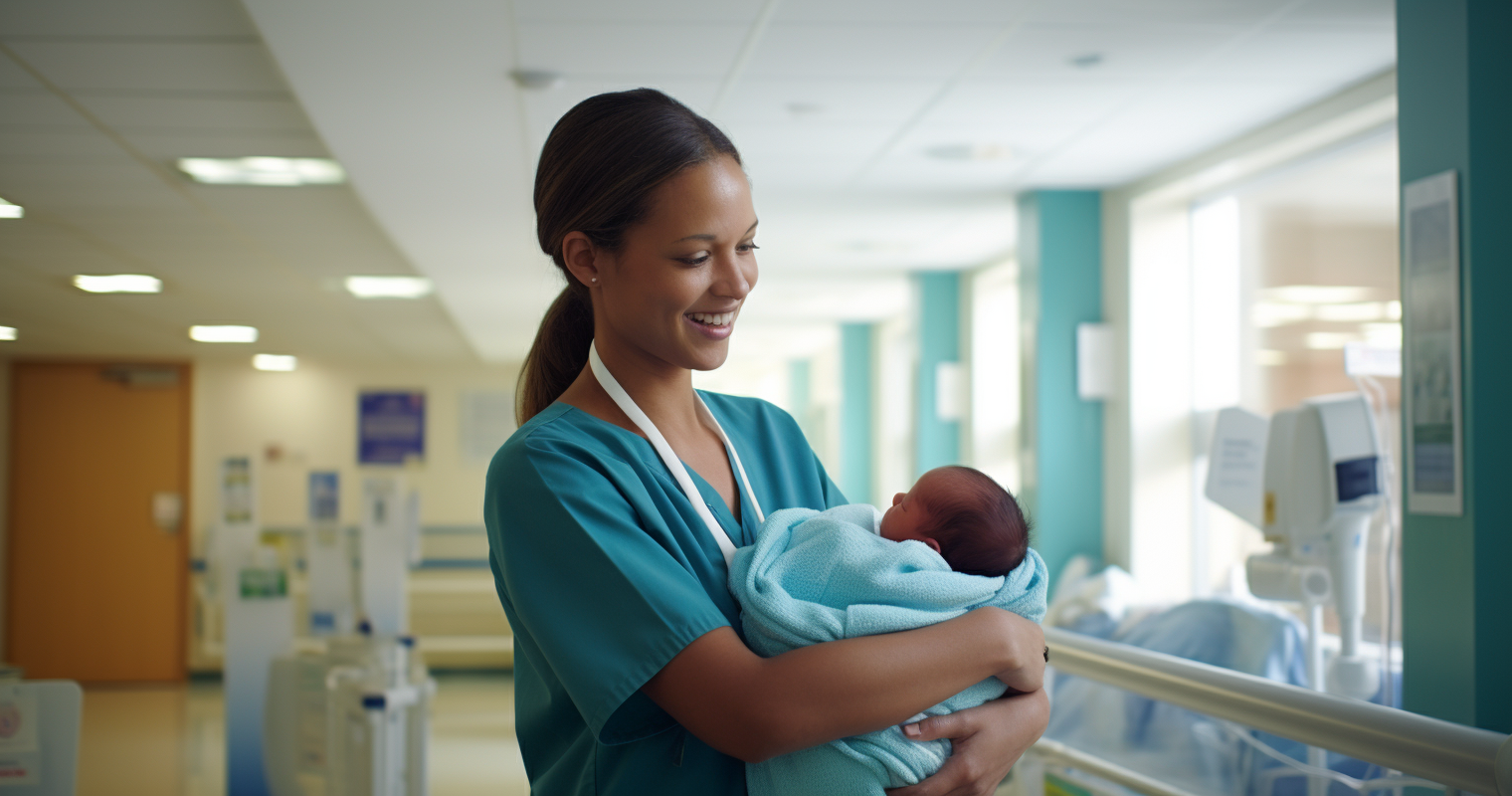South Africa is a country located in southern Africa, with a population of approximately 60 million people. The healthcare system in South Africa provides a range of options for women giving birth, including hospital births, home births, and birthing centers. This article will explore the most common options for giving birth in South Africa, how to register a birth, and the attitudes and legislation surrounding abortion in the country.
Giving Birth in South Africa
Hospital Births
The majority of births in South Africa take place in hospitals, with women receiving care from a team of midwives, nurses, and doctors. In a hospital setting, women have access to pain management options, such as epidurals, and medical interventions if necessary.
South African hospitals are well-equipped with modern facilities and equipment, and women who give birth in a hospital are supported by a team of midwives, nurses, and doctors. Most hospitals in South Africa have private birthing rooms, which are designed to create a more comfortable atmosphere for the birth.
Home Births
Home births are legal in South Africa, but they are less common than hospital births. Women who choose to have a home birth are supported by midwives who provide care throughout the pregnancy and are on hand to assist with the birth.
Home births are seen as a safe and viable option for low-risk pregnancies. However, if complications do arise during the birth, the midwife will make the decision to transfer the mother and baby to the hospital.
Birthing Centers
Birthing centers are becoming an increasingly popular option for women in South Africa. These centers offer a more homely and relaxed atmosphere for the birth and are often staffed by midwives and doulas.
Birthing centers provide women with access to pain management options, such as water birth and hypnobirthing. They also provide a more personalized approach to care, with midwives providing support throughout the pregnancy and birth.
Registering a Birth in South Africa
In South Africa, births must be registered within 30 days of the baby being born. This can be done at any Home Affairs office in the country, and both parents must be present. If one of the parents is unable to be present, they can provide a notarized authorization for the other parent to register the birth.
To register a birth, the following documents are required:
- The birth certificate issued by the hospital, midwife, or doctor
- Identification documents for both parents
- The marriage certificate, if applicable
After the birth has been registered, the Home Affairs office will issue an abridged birth certificate, which is a legal document that serves as proof of the child’s identity and nationality. Parents can also apply for an unabridged birth certificate, which includes additional information such as the parents’ names and occupations.
Attitudes to and Legislation Surrounding Abortion in South Africa
Abortion in South Africa is legal up to 12 weeks of pregnancy, and in cases where the pregnancy poses a threat to the woman’s life or health, or if the fetus has severe abnormalities. Women who seek an abortion must receive counseling before the procedure can be performed.
The attitudes towards abortion in South Africa are generally liberal, with a significant proportion of the population in support of the practice. However, there are still social stigmas associated with abortion, and women who seek an abortion may face judgment and criticism from their communities.
Despite these challenges, there are organizations in South Africa that provide counseling, education, and referrals to women who need abortion care. These organizations work to support women in their reproductive choices and to challenge the social stigma associated with abortion.
In conclusion, women in South Africa have access to a range of options for giving birth, including hospital births, home births, and birthing centers. The healthcare system in South Africa is well-equipped and staffed by trained professionals, and women have access to a variety of pain management options and medical interventions if necessary.
Registering a birth in South Africa is a relatively straightforward process, with parents required to provide the necessary documents and register the birth within 30 days of the baby being born.
Abortion in South Africa is legal in certain circumstances, and the attitudes towards the practice are generally liberal. However, social stigmas surrounding abortion still exist, and women who seek an abortion may face criticism and judgment from their communities. Nonetheless, organizations in South Africa provide counseling and support to women who need abortion care and work to challenge the social stigma associated with the practice.
Overall, South Africa provides a supportive environment for women giving birth, with a range of options available to suit individual needs and preferences. The healthcare system in the country is well-equipped and staffed by trained professionals, and women have access to a variety of services to support them throughout their pregnancy and birth.

